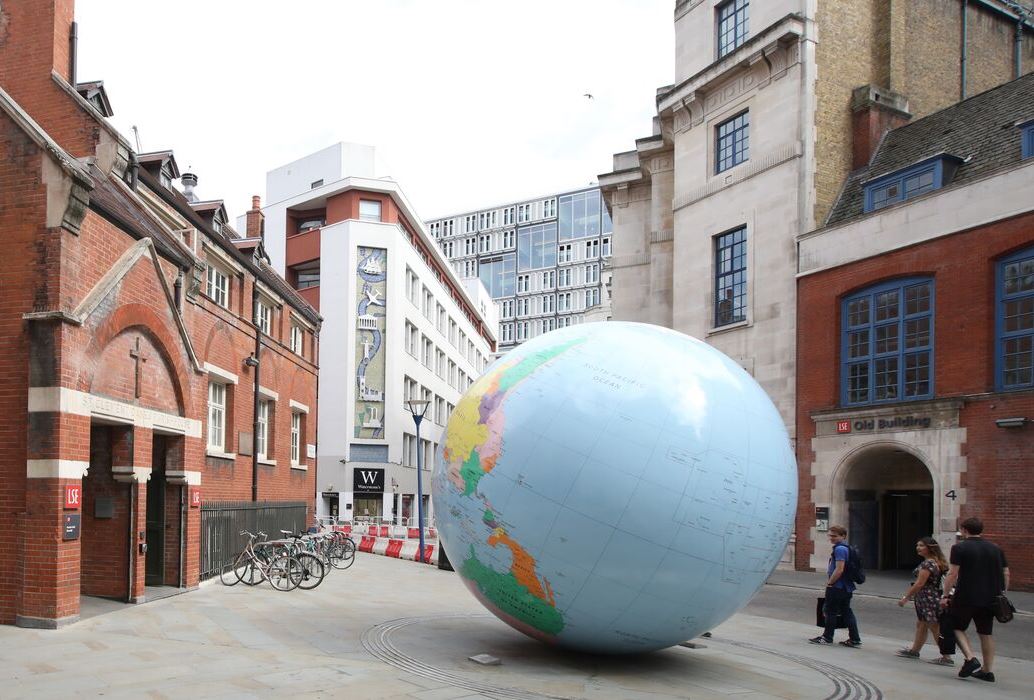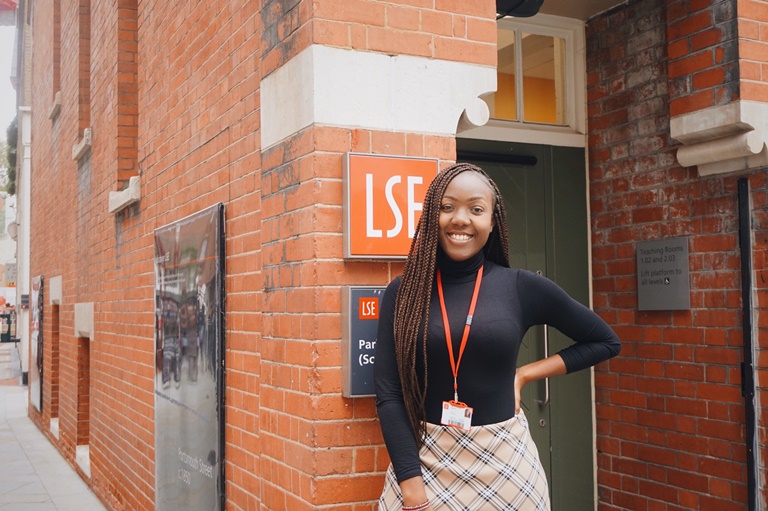The news near the end of last year that the drug naloxone will be handed out on the streets of northeast England to try and reduce the number of opioid deaths was a welcome tonic to the barrage of reports in 2019, highlighting the growing scale of the UK’s drug challenge.
Let’s be clear: the UK is on the cusp of a major health, social and mortality crisis. Drug-related deaths in England, Scotland and Wales have already hit an all-time high, with rates in Scotland presenting the most alarming trends. The rate of prescribing continues to trend in an eerily similar pattern to that of the United States in the years preceding their national opioid crisis. Nearly 500,000 people in the UK are addicted to opioids; by the middle of the new decade, over 60,000 lives could be lost – around as many as the British and Commonwealth civilian death toll for the whole of World War II.
Thankfully, the UK still has a chance to avert the worst of this opioid-related mortality crisis. Along with better education and services, the Care and Carry model, as it is known, could save countless lives.
The carry part is clear: each and every one of us should be educated to keep on hand the small naloxone nasal spray which can reverse the fatal slowing of breathing that kills so many people addicted to opioids. Simply put, it saves lives.
The “care” part is more complex.
While there is no single cause to this most tragic of epidemics, the evidence is clear that the path to addiction is littered with loneliness, isolation, and disconnection. On both sides of the Atlantic, automation, digitisation, the decline of traditional industry, and social and economic upheaval have led to a fraying of deep roots, and a challenge to people’s sense of identity and togetherness.
In other words, the “care” part means creating community. And understanding that people who use drugs are just that: people. They are neighbours with a chronic, relapsing brain disease, not a moral failing. That means they can benefit from treatment. They can recover and contribute to society in meaningful ways. But to do that, people need to feel a sense of belonging and connection – especially in an era of rapid change and division.
Human relationships matter. And yet, over the past forty years, so much of our political economy has prioritised what’s efficient over what’s important. Human connection has been squeezed by screens – in our supermarkets, on our transport, and in our places of work and education. Association has shifted, as the role and community of trade unions, faith and family have diminished. We don’t even know our neighbours as well as we used to: while 72% of adults in the UK believe that knowing the people around them is important, 73% do not themselves know their neighbours.
But community is not the whole answer, either. Doctors need to be better prepared to recognise and anticipate known triggers for substance use. They need to prescribe medications proven to treat addiction, alongside counselling and community activity. Local hospitals should provide innovative emergency interventions and connections to quality addiction services. And the healthcare community as a whole should seek to deliver novel, non-addictive solutions for pain management.
Parliament can regulate the prescribing and availability of addictive pain medications; the US Centers for Disease Control and Prevention has published guidelines that show the way. Just as the UK tax on carrier bags changed our addiction and attitudes to reusable plastic, so too can government levers change our behaviours when it comes to opioids.
Police, judges and all of us in communities also need to be involved, to keep pressing for treatment over prisons. Imprisonment can often introduce people to, rather than wean people off, addictive drugs. We need to let science – not stereotype – guide our path forward. It will require a coalition of organisers, medics, policy makers and politicians to fully understand this horrible illness. Without it, already stripped-back services will not cope with the epidemic that’s on the horizon.
“Care” means changing our attitude: less judgement, more empathy, with more cohesive and better-connected communities that enable, rather than suppress, the power and healing in relationships.
If we lift up these ideas, when the next generation asks how we stepped back from the brink of a mortality crisis, we’ll be able to say that we looked out for one another; that we weren’t so consumed with dividing ourselves from the rest of the world that we allowed our neighbours to perish in isolation; that we made good on what the science – and our friends across the ocean – told us would reduce suffering and save lives.
Note: This article gives the views of the authors, and not the position of the Social Policy Blog, nor of the London School of Economics.
Photo attribution: ‘Family Drug Support Workshop,’ 20 April 2018, Leura B, CC BY-SA 4.0.





Very nice article , we here in india also combating the drug problems , but still needs to incorporate new treatments and medicines in Oppieads substitution therapy program under National program.
only buprenorphine is not a remedial solutions for drug dependency i have written some about this her at my ghughuti http://www.ghughuti.org/social-and-legal-issues-in-hivaids/